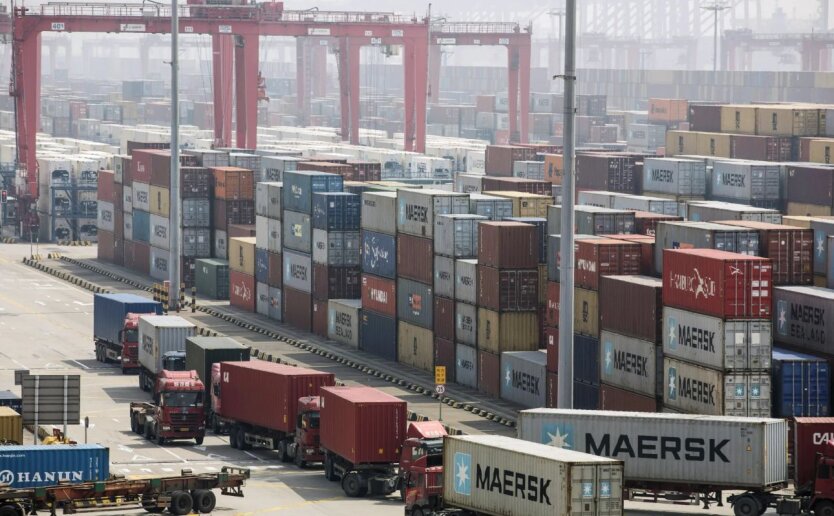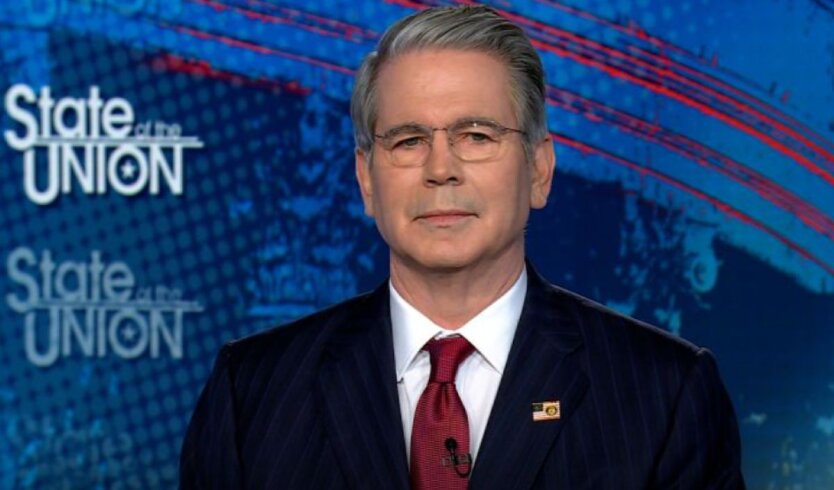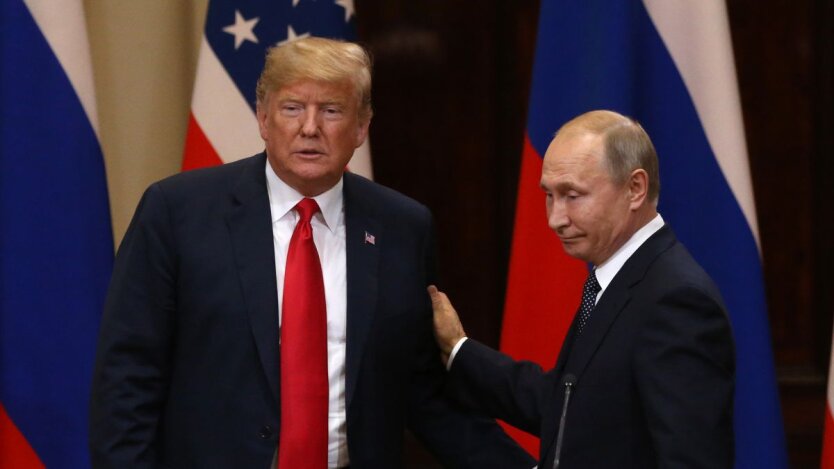Countries Review Negotiation Strategies with the U.S. After Tariff Deal with China.


New Tariff Agreement Between the U.S. and China: Impact on Other Countries
The latest agreement between the United States and China on tariffs is prompting other countries to reassess their approaches to negotiations with the Trump administration. China's strengthened position has led to a temporary truce.
The recent reduction of tariffs on Chinese goods to 30% in Geneva surprised observers from Seoul to Brussels. Trump's willingness to reduce tariffs on Chinese goods indicates he is ready to step back from his initial stance.
'Many countries will look at the outcomes of the negotiations in Geneva and understand that Trump knows when he is pushing too far,' noted a former U.S. trade negotiator expert.
Japan plans to discuss tariff issues in Washington, which could lead to an agreement with the U.S. in July, without officially announcing further steps.
While it is risky for many countries to be strict with the Trump administration, there are countries that might decide to take this path. Trump's willingness to maintain negative pressure on Beijing shows that some states may act according to their own interests.
Analysis: The conclusion of the tariff agreement between the U.S. and China has influenced the negotiation strategies of other countries with the Trump administration. China's position and Trump's willingness to make concessions suggest possible changes in the trade policies of governments worldwide.
Read also
- Strategic Uncertainty: The USA Is Ready to Reintroduce High Tariffs for 150 Countries
- The US Lost Its Last Perfect Credit Rating After Moody's Decision
- Ukrainians can receive 2600 dollars: in which regions Mercy Corps provides assistance
- Ukrainians received another gas bill: who will have to pay an additional 500 hryvnias
- Difficult Task: Trump 'Loses Patience' Over Putin
- Not affordable for everyone: Ukrainians were shown the prices for young potatoes, onions, strawberries, and blueberries in May









